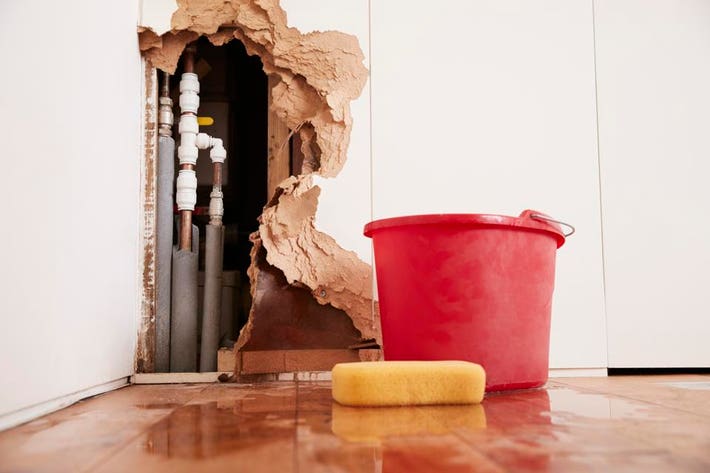
Battery Powered Water Sensors: Understanding Their Importance
Share
In our modern, technology-centric world, the integration of smart devices plays a crucial role in enhancing efficiency and convenience across various industries. Among the remarkable innovations in this realm are battery powered water sensors. These clever devices provide significant advantages for both residential and commercial applications. This article aims to explore the vital role these sensors play in contemporary settings, particularly for technology professionals and enthusiasts eager to spearhead new solutions in their areas of expertise.

What is a Battery Powered Water Sensor?
A battery powered water sensor is an instrument designed to detect and notify users about the presence of water, thereby signaling potential leaks or flooding. These sensors are critical in preventing damage by delivering timely alerts, enabling users to swiftly address water-related issues. Their battery-powered design ensures they remain functional even during power outages, which is essential for effectiveness in emergency situations.
Technology experts will find value in how these sensors utilize cutting-edge technology to interact with other smart devices within the ecosystem, offering robust monitoring capabilities.
The Advantages of Using Battery Powered Water Sensors
Implementing battery powered water sensors presents various benefits:
- Improved Safety: These sensors continuously monitor for water presence, effectively preventing extensive damage and protecting both property and invaluable resources.
- Energy Efficiency: As they operate on batteries, these sensors do not depend on a main power source, making them both energy-efficient and reliable during blackouts.
- Smooth Integration: They can effortlessly blend into existing smart home infrastructures, facilitating seamless communication and automation across devices.
Applications in Technology and Industry
Tech enthusiasts and professionals can uncover several potential uses for battery powered water sensors:
Smart Homes
In the context of smart homes, these sensors can be implemented in places like basements, bathrooms, and kitchens to avert costly water damage from leaks. They can send real-time alerts through connected systems, such as a smartphone app, as soon as a problem is detected. Discover more about leak sensors.
Commercial Uses
Businesses can utilize battery powered water sensors to oversee equipment that either utilizes or stores water, ensuring operational integrity and reducing the risk of accidents. To learn more about integrating technology in water management, check out this resource.
Environmental Monitoring
Environmentalists can leverage these sensors to monitor water levels in natural habitats and agricultural areas, providing critical data that supports sustainable water management practices.
Technology Behind Battery Powered Water Sensors
These sensors generally consist of several key components:
- Probe Detectors: These detect the electrical conductivity of water, allowing the sensor to ascertain water presence.
- Connectivity Modules: These components enable wireless communication, typically using Bluetooth or Wi-Fi, allowing connectivity with smart devices and networks.
- Power Management: Advanced battery technology ensures extended performance without the need for frequent replacements.
For a more in-depth understanding of the technology behind these devices, check out this detailed article on how such smart leak detectors function.
Challenges and Considerations
While the advantages of battery powered water sensors are notable, potential challenges and considerations should not be overlooked:
- Battery Longevity: It's essential to consider both the lifespan and replacement frequency of the batteries employed.
- Connection Reliability: Ensuring a solid connection with the network is vital for receiving timely alerts.
- Initial Investment: Although beneficial, there may be significant upfront costs associated with these sensors.
For tech enthusiasts eager to incorporate these advancements, understanding these challenges is crucial for successful implementation.

Frequently Asked Questions (FAQs)
Are battery powered water sensors easy to install?
Yes, these sensors are generally user-friendly and designed for straightforward installation without requiring extensive technical skills.
What is the typical battery life for these sensors?
Battery life can vary, but most sensors are designed to last up to two years on a single battery set. Always consult the manufacturer's guidance for specifics.
Do these sensors integrate with other smart home devices?
Definitely. Many battery powered water sensors can connect with smart home ecosystems for enhanced automation and monitoring capabilities.
As the significance of efficient water management and smart home technology continues to rise, the adoption of battery powered water sensors promises improved safety and fosters sustainability. To learn more about safeguarding your home from water damage, visit this helpful guide.
